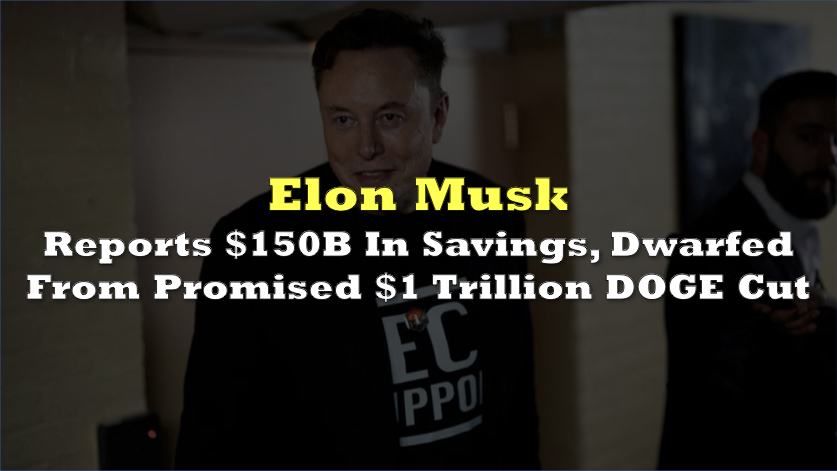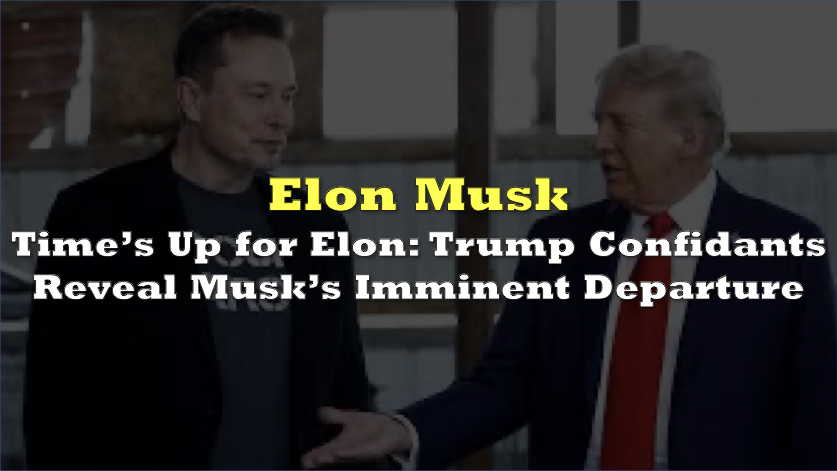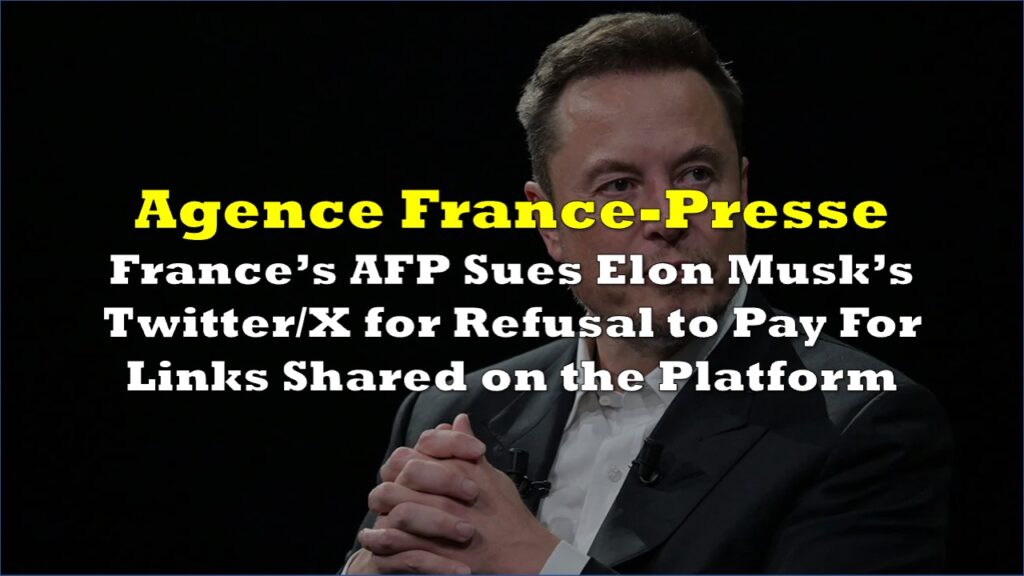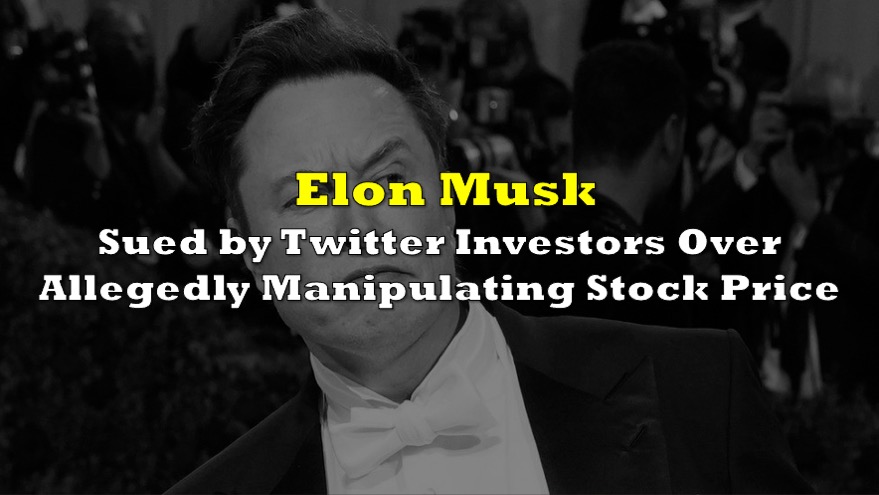The days after Elon Musk first announced his intention to buy Twitter and take it private were simpler times. Musk fed the press his standard line about how this wasn’t an investment made for money, but rather one made to keep freedom and autonomy parts of a culturally important media asset. He was riding in on his white horse to save Twitter from the Woke Mob.
This column wrote at the time that it probably wasn’t about the money, directly. It made more sense that the world’s most successful stock promoter wanted twitter because it was a powerful, enduring media platform that had more consistent user engagement than every cable news station put together. Something like that has practical and intrinsic value that goes beyond dollars.
In the months that followed Musk first inking the buyout deal, the story moved in an annoying, high-speed tangle that we gave up on trying to cover or even keep track of. Interest rate bumps and a stock market crash made the $44 billion take-private deal look like a fleecing. Musk sued to back out, aired a bunch of his own dirty laundry in the discovery process, and came out looking like way more of a sucker than if he’d have just closed the deal and got on with it.
An operator with class would have acted like he was happy to pay a bit too much in the short term for something so valuable and enduring. Musk threw a several-month-long tantrum because, as we’re quickly learning, he’s about fifteen years old, emotionally speaking.
Once Musk started running Twitter, it became obvious that our speculation about the purchase being a way for him to control media bandwidth gave him way too much credit. Musk bought Twitter because he wanted it. This is the guy who used to muscle Tesla employees into watching Monty Python sketches with him in the middle of the work day.
Twitter’s Post-like-reply feedback loop is a powerful stand-in for genuine human interaction, and likely patched a hole that Musk had been trying to fill for quite some time. It wasn’t perfect, because a patch isn’t a fill, and most people hooked on posting figure that out around the time the dopamine yield reaches terminal velocity. If the posts aren’t beating the likes and retweets of the prior posts, they don’t hit as hard. When the follower count wanes, the poster tries something else, like talking to their kids, and eventually slows down. But most posters can’t make themselves God Emperor of the first place they’ve ever felt cool.
“Not About The Money” Can Get Pretty Expensive…
Twitter was a leveraged purchase, and the bankers who financed it want their money on the regular. Bloomberg had the interest on the $13 billion borrowed to do the deal calculated at $1.2 billion / year last October – before the rates went up. The cornerstone advertisers left pretty much right away and, if there’s a strategy to replace them, it isn’t apparent. Landlords and service providers are lining up at the courthouse to collect unpaid bills, the cash flow problems are clear, and so is the fact that Elon has no idea what he’s doing.

Musk threw walls around the garden last Saturday that limited the site to logged-in users, and limited the number of posts they can view per day.
The Web is built on scaping. Search engines are spiders that crawl the web and grab what they see, then index it for their users in the order that it’s most apparently useful to their users, based on how the users engage with it. The AI enterprises currently sucking up the growth capital that previously backed mature tech (like Twitter) feed themselves with the human-generated content that Twitter and Reddit extract out of its users in their natural course of operation as Sites Where You Can Post. That takes a lot of scraping, and a lot of bandwidth.
Twitter’s persistent utility wove it into the fabric of information culture as much as anything else. Individual tweets frequently ranked in Google searches, and anyone could see them, and follow them down a thread to get a read on what the hivemind thought of whatever, and contribute if they wanted to.
Limiting access to a site that built its success around access in a way that jams up the user flow so badly that the site DDOS’s itself feels like an act of flailing desperation. It’s almost certainly the first sign of Musk’s store-bought empire crumbling around him along the cracks caused by his incompetence and hubris.

Galaxy-class tech co’s like Twitter run on talent and bandwidth. Musk fired the twitter lifers who had been there since the beginning right out of the gate, and waved goodbye to their institutional knowledge as they went. Upstart clones like Bluesky and Spill haven’t immediately jumped to fill the hole that Twitter’s screw ups have created, because they don’t have the engineers or server space to accommodate that kind of move smoothly, let alone the institutional knowledge to tie it all together and keep it growing. Bluesky is run by Jack Dorsey, whose two separate reigns at Twitter were its greatest periods of success. The fact that Bluesky isn’t making any sudden moves is a good indication that it takes more than intention and knowhow to take proper advantage of this sort of opportunity.
Now, with nobody capable of building and implementing systems capable of earning enough to solve the cash flow problem, Musk has to improvise by putting the breaks on expenses. Landlords and former employees are easy to stiff, because evictions and arbitration lawsuits take time. But hosting is another story. The host can just turn the switch and shut the website down. That’s the type of defeat best negotiated on one’s own terms.
Having the hosting bill run up by a bot stealing his user-generated content before he’s even had a chance to figure out how to earn from it is the kind of thing that might piss Musk off enough to give the order to: “Shut it down! At least until I get some time to THINK!”

But that won’t do him any good. He’s only in this deep because he won’t listen. He has to meddle. It’s a compulsion.
Somewhere on the planet, there are talented executives who can sort this mess out. A team that can negotiate a solution with the hosts and the scrapers that keeps the site on, then use the tremendous amount of remaining goodwill and force-of-habit among the enormous user base to create some sort of cash flow. It will be a miracle if any of them are going to come anywhere near this pile as long as Musk still has any kind of authority. He’s done quite enough.
Information for this briefing was found via Reuters, Bloomberg, and the sources mentioned. The author has no securities or affiliations related to the organizations discussed. Not a recommendation to buy or sell. Always do additional research and consult a professional before purchasing a security. The author holds no licenses.









